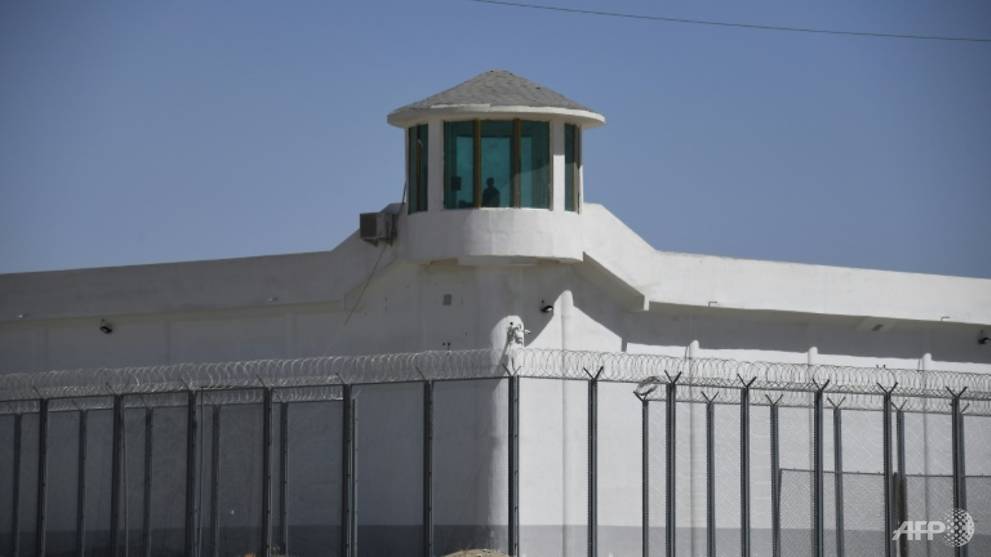
WASHINGTON: The US House of Representatives on Tuesday (Dec 4) overwhelmingly approved a bill that would require the Trump administration to toughen its response to China's crackdown on its Muslim minority, demanding sanctions on senior Chinese officials and export bans.
The Uighur Act of 2019 is a stronger version of a bill that angered Beijing when it passed the Senate in September.
Advertisement
Advertisement
READ: New leak reveals how China runs Xinjiang camps
READ: Government of China's Xinjiang says leak on Uighur camps 'fake news'
It calls on President Donald Trump to impose sanctions for the first time on a member of China's powerful politburo, even as he seeks a deal with Beijing to end a damaging trade war buffeting the global economy.
China said it resolutely opposes the bill.
Advertisement
Advertisement
The foreign ministry, in a statement attributed to spokeswoman Hua Chunying, said Xinjiang is China's internal affair and urged the US to correct its mistakes and stop the bill from becoming law.
China will respond further depending on the development of the situation, the statement said.
The bill, passed 407 to 1 in the House, requires the US president to condemn abuses against Muslims and call for the closure of mass detention camps in the northwestern region of Xinjiang.
READ: Uighur researchers say China running more camps than known
READ: China says World Bank report 'clarifies truth' on Xinjiang programmes
It calls for sanctions against senior Chinese officials who it says are responsible and specifically names Xinjiang Communist Party Secretary Chen Quanguo, who, as a politburo member, is in the upper echelons of China's leadership.
China has consistently denied any mistreatment of Uighurs and says the camps are providing vocational training. It has warned of retaliation "in proportion" if Chen were targeted.
The revised bill still has to be approved by the Senate before being sent to Trump. The White House has yet to say whether Trump would sign or veto the bill, which contains a provision allowing the president to waive sanctions if he determines this to be in the national interest.
The White House and the Chinese embassy in Washington did not immediately respond to requests for comment.
The bill comes days after Trump angered Beijing by signing into law congressional legislation supporting anti-government protesters in Hong Kong.
Explore VOICES OF HONG KONG: An interactive special
READ: Police fire tear gas at Hong Kong protesters after march to 'thank' US President Donald Trump
China responded to that on Monday by saying US military ships and aircraft would not be allowed to visit Hong Kong, and announced sanctions against several US non-government organizations.
Analysts say China's reaction to passage of the Uighur bill could be stronger, though some doubted it would go so far as imposing visa bans on the likes of Secretary of State Mike Pompeo, who has called China's treatment of Uighurs "the stain of the century" and has been repeatedly denounced by Beijing.
On Tuesday, the editor-in-chief of China's Global Times newspaper said China might ban all US diplomatic passport holders from entering Xinjiang and that Beijing was also considering visa restrictions on US officials and lawmakers with "odious performance" on the Xinjiang issue.
"MODERN-DAY CONCENTRATION CAMPS"
Republican Congressman Chris Smith called China's actions in "modern-day concentration camps" in Xinjiang "audaciously repressive," involving "mass internment of millions on a scale not seen since the Holocaust."
"We cannot be silent. We must demandRead More – Source










